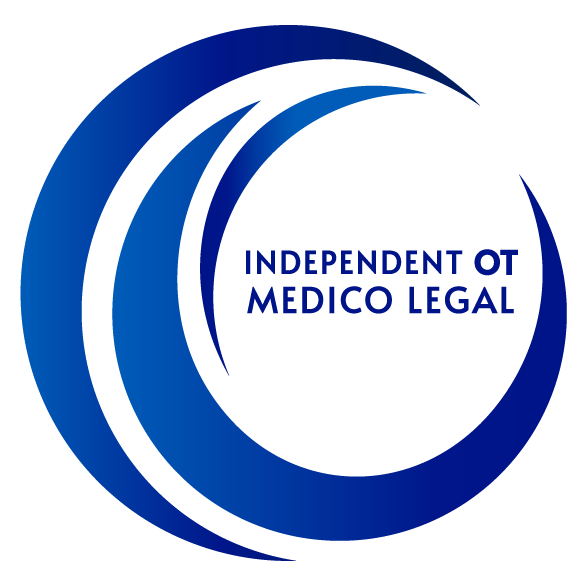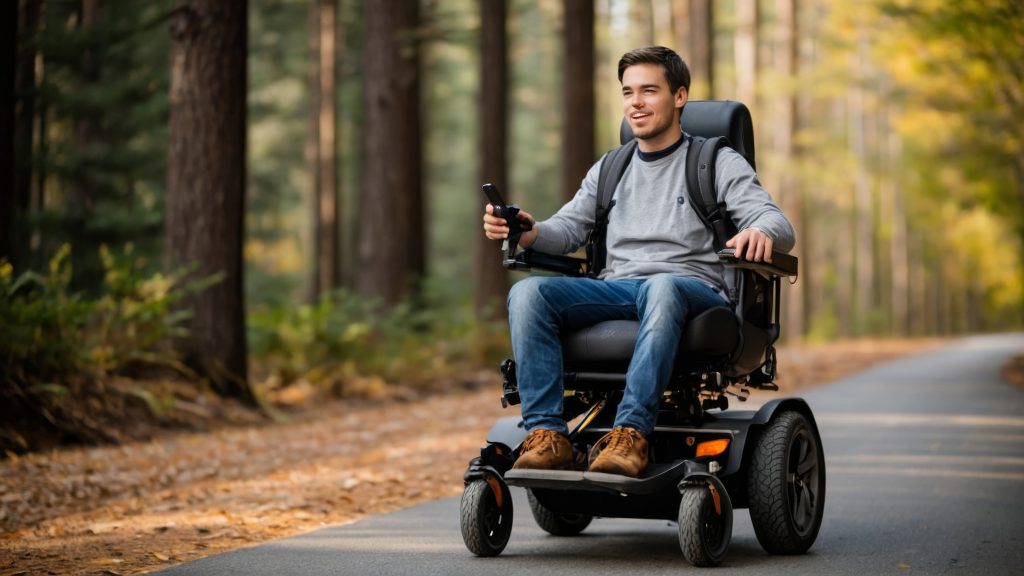When someone is injured in a motor vehicle accident, the physical damage is only part of the picture. What truly affects quality of life is the injury’s impact on daily function — the ability to get dressed, prepare meals, return to work, or simply move around independently. This is where occupational therapy (OT) assessments play a vital role. While medical reports describe what the injury is, OT assessments reveal how that injury affects day-to-day living. These assessments are valuable across a range of cases, from car accidents to birth trauma, as explored in our blog on how occupational therapy supports birth injury claims.
In this blog, we will explore how OT assessments help determine the functional impact of motor vehicle accidents, and why proper assessments and the delivery of associated medico legal reports are essential in both rehabilitation and legal contexts.
What Is ‘Functional Impact’?
Functional impact refers to the real-world consequences of an injury — how it affects a person’s ability to carry out everyday tasks and roles. While a medical diagnosis might confirm a spinal injury or concussion, it doesn’t tell us whether the person can walk unassisted, cook a meal, or drive to work. That’s where the concept of functional impact comes in.
For people injured in motor vehicle accidents, even seemingly minor impairments can have a cascading effect on daily life. Pain may limit movement, cognitive fatigue may affect concentration, or anxiety may prevent social engagement. These impacts are often invisible on scans or reports but are nonetheless significant.
Understanding functional impact requires looking at the whole person — their environment, responsibilities, routines, and goals — and assessing how an injury disrupts them. This approach is central to occupational therapy and crucial for informing both treatment plans and legal decisions.
How OT Assessments Uncover Functional Impairment
Occupational therapy assessments are designed to identify how an injury affects a person’s practical abilities in everyday life. Unlike a standard medical examination that focuses on clinical symptoms, an OT assessment explores the functional implications of those symptoms — how well someone can manage tasks such as bathing, dressing, cooking, commuting, or returning to work.
The assessment process typically begins with a comprehensive review of the individual’s medical history and lifestyle before the accident. This helps establish a baseline for comparison. The occupational therapist then conducts an in-depth interview to understand the person’s current capabilities, followed by observation of specific tasks either in a clinical setting or in the person’s home. To learn more about what this process involves, see our blog on what happens during a medico legal assessment.
Standardised tools may also be used to measure strength, mobility, cognitive processing, and endurance. For example, the therapist may time how long it takes to walk a certain distance or assess how safely someone can reach overhead or lift objects.
The goal isn’t just to document limitations but to understand how those limitations affect participation in daily life. This information provides a holistic view of the injury’s impact, one that is particularly valuable when making recommendations for support needs, rehabilitation, or workplace accommodations.
Examples of Functional Impact After Car Accidents
Functional impairment can look very different depending on the nature and severity of the injuries sustained in a motor vehicle accident. Below are three common scenarios, each highlighting how occupational therapy assessments help capture these effects in practical terms.
Physical Injuries
A person with fractures or soft tissue damage may experience chronic pain, reduced range of motion, or weakness. While the fracture or soft tissue injury may be visible on X-rays or in medical notes, an OT assessment might reveal deeper implications — such as an inability to carry groceries, kneel to clean, or bend to lift children. Even small tasks like reaching into a cupboard may be problematic due to difficulties with twisting or bending, or due to balance or pain issues as a result of the injury.
Cognitive and Psychological Impacts
Injuries involving the brain, such as concussions or trauma-related psychological conditions, often result in difficulties with attention, memory, decision-making, or emotional regulation. An OT might observe that the person forgets steps in a cooking task, becomes overwhelmed when multitasking, or avoids community outings due to anxiety. These subtle but critical impacts are often missed in a purely medical review. Findings like this are especially important in brain injury cases, more on this is explored in our blog on the role of occupational therapy in brain injury cases.
Complex Injuries
Many car accident survivors suffer from a combination of physical, psychological, and cognitive impairments. OT assessments are particularly valuable in these cases, as they look at how all factors interact to affect functional performance. For instance, a person might physically be able to walk, but severe fatigue and emotional distress prevent them from leaving the house independently or reliably managing work responsibilities.
Why Functional Evidence Matters in Legal Contexts
In the context of personal injury claims, it’s not enough to prove that an injury exists, it’s also essential to show how that injury affects a person’s life. This is where functional evidence becomes critical. Courts and insurers need more than a medical diagnosis; they require clear, objective insight into how an individual’s ability to function has changed since the accident.
Occupational therapy assessments provide this evidence. By demonstrating, for example, that someone can no longer perform their job, manage their household, or care for their children without assistance, an OT report helps quantify the real-life impact of the injury. This information supports decisions about compensation, rehabilitation funding, assistive equipment, or ongoing care.
Well-documented functional evidence can also be pivotal in disputes, ensuring that the injured party’s experience is fully recognised and that any recommended support is tailored to their actual daily needs — not just their clinical condition.
What Makes OT Medico Legal Reports Effective?
An effective occupational therapy medico legal report goes beyond describing an injury — it presents a clear, impartial picture of how that injury affects someone’s everyday functioning. This clarity is what makes these reports so valuable in legal and insurance contexts.
Skilled occupational therapists use a combination of clinical judgment, standardised tools, and observation to build a detailed profile of the individual’s capabilities and limitations. They take into account environmental factors, personal responsibilities, and prior functioning to ensure the assessment reflects the person’s challenges that are directly related to the accepted injury.
The most effective reports are written with both medical accuracy and legal readability in mind. They explain complex functional issues in straightforward language, backed by evidence and professional reasoning. Importantly, they also remain neutral — providing balanced, unbiased opinions regardless of whether the report was requested by the plaintiff or defendant.
This combination of depth, clarity, and impartiality is what sets a strong motor vehicle accident OT medico legal report apart.
When Should You Get a Functional OT Assessment?
Timing can make a significant difference when it comes to understanding the full impact of an injury. Ideally, a functional OT assessment should be arranged once the person’s condition has stabilised enough to allow for accurate evaluation. This ensures that temporary post-injury symptoms have settled, revealing a clearer picture of lasting functional limitations. If you’re unsure about timing or how to prepare, our guide on how to prepare for a medico legal examination offers helpful advice for getting the most out of the process.
However, assessments can also be helpful later in the claims process, particularly if disputes arise or if additional evidence is needed to support long-term care or compensation. Early or late, the goal remains the same, to capture real-world consequences with professional precision.
Get Functional Clarity for Complex Injuries
At Independent OT Medico Legal, we specialise in assessing how injuries from motor vehicle accidents impact everyday function — not just clinically, but practically. If you’re seeking clear, evidence-based reporting to support a personal injury claim, our experienced occupational therapists are here to assist.
Contact us for independent medico legal reports.






